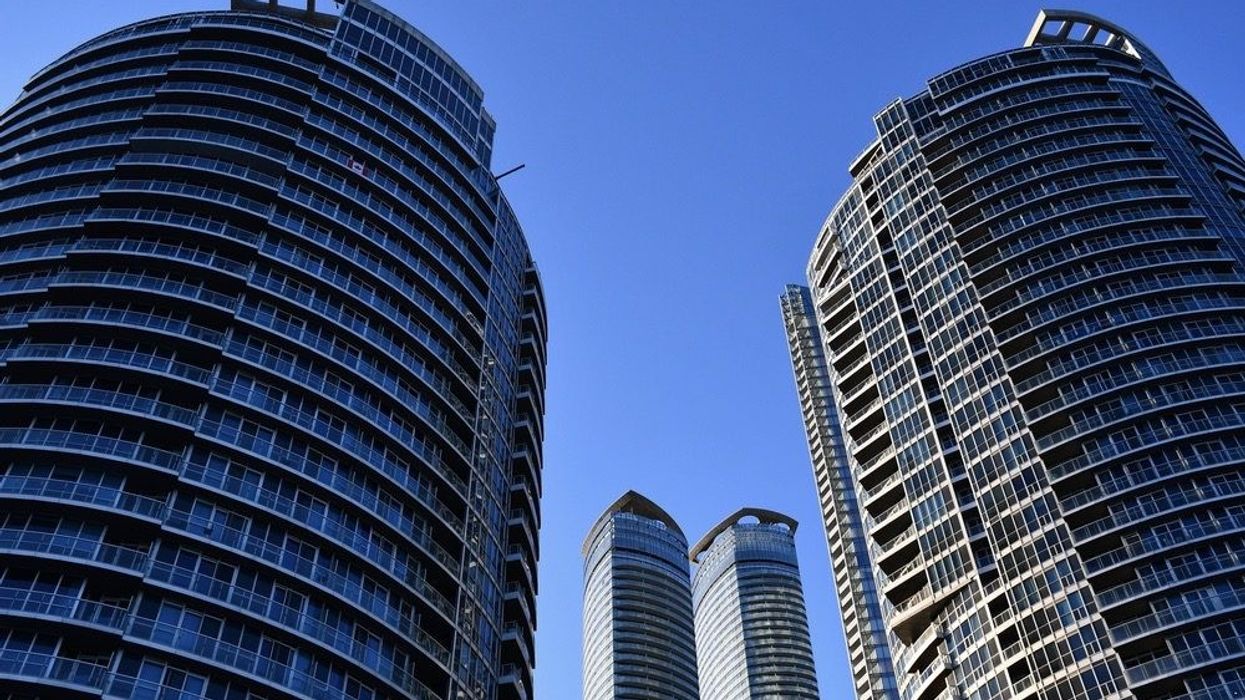To be clear, the headline-grabbing foreign buyer ban in last week’s federal budget only proscribes purchasing investment properties by non-residents for two years—and it will have negligible impact.
“A growing number of people who already own one home are buying additional properties without putting their primary residences on the market, and that’s why listings are down and prices are up. Unaffordability is being driven by domestic, not foreign, buyers,” Matrix Mortgage Global COO Laura Martin said.
“A recent report showed that first-time buyers comprised 53% of buyers in 2015 but were down to 47% in 2021, while the number of repeat buyers and investors has grown. Again, foreign buyers are driving the affordability problem, so the government’s proposed two-year ban is useless.”
A "Headline Grabber"
Indeed, the proposed ban, which was announced with neither an implementation date nor even a rough timeline, is replete with exemptions: Non-residents are banned from buying investment properties, not primary residences, and foreign nationals in Canada on student visas aren’t prohibited from purchasing properties if they get permanent residence.
“Because of all the loopholes in there, there’s always going to be some pretty industrious people who can exploit them,” Living Realty Downtown’s Managing Broker Isaac Quan said. “You can send your kid to school here or apply for PR four years later and get the rebate back. Because of all the loopholes, it’s an ineffective policy and I use the term ‘headline grabber’ because it looks good on paper but until you look at the intentions proposed, it doesn’t really do anything.”
A 2019 report from the Canada Mortgage and Housing Corporation determined that non-resident-owned properties in the British Columbia and Ontario markets totalled 6.2% and 3.3%, respectively. In Nova Scotia’s red-hot market, non-residents owned 6.2% of properties.
Quan recounts the 2017 Fair Housing Plan introduced, among other policies, a 15% surcharge on foreign buyers, and while that resulted in housing values dropping, it was due to a psychological shock to the market, not because non-residents disappeared from the market overnight. Since the federal budget was announced Thursday afternoon, Quan has been inundated by buyers and sellers asking if the market would be affected. It won’t, he says.
“I think the right way to cool the housing market is to discuss these options but do I think two years will make a real impact? I don’t think so,” he said. “The ban itself is a proposal to ban non-resident investors in the future. There’s no timeframe for when it will be implemented. We’re not sure if the legislation will even pass. It’s a good campaign slogan but it’s not going to have an impact, especially because it has so many loopholes.”
Given how devoid of substance the so-called foreign buyer ban is, it could be argued the proposal is cheap, cynical scapegoating.
Foreign investors often send their children to study in Toronto and Vancouver, where they buy pre-construction units. Both cities have 20% foreign buyer levies, but they’re to be paid upon closing, which in the pre-construction market is upwards of half a decade -- plenty of time to secure permanent residency and become exempt from the tax, but this latest proposal from the feds doesn’t even acknowledge the loophole.
Nevertheless, domestic investors are driving prices up by using existing home equity to purchase more properties and hoarding housing inventory, and the confluence of high demand and scarce listings keeps driving housing prices to record highs.
“They need to curb domestic investors from snapping up three, four, five properties without batting an eye. What if they said ‘You can only have one property for you and one for your kid,” Martin said while acknowledging that investors can still nominally put their children on title and get around such a law.
“Maybe there is no way to regulate our way out of buying things. Maybe the only way is to fix the supply issue.”





















